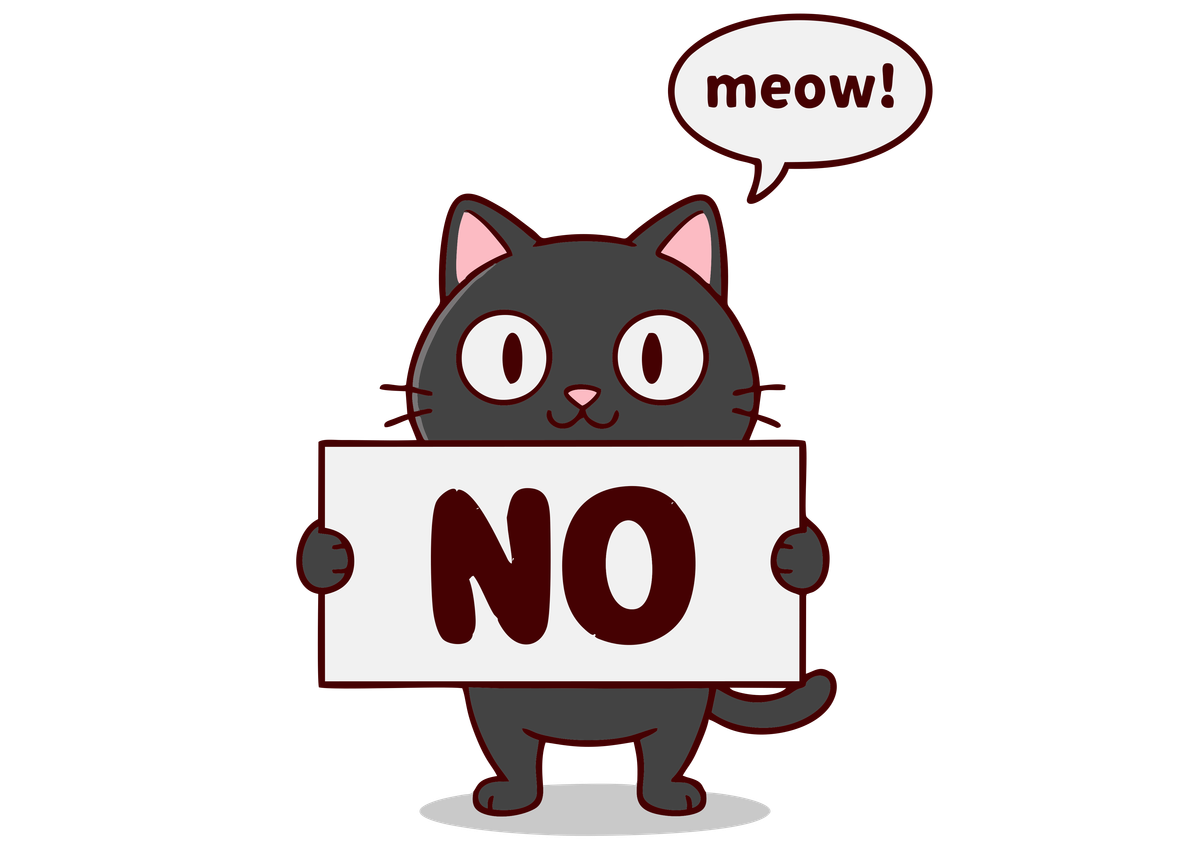Thanks, But No Thanks—Decoding the Graceful Decline

Warren Buffett famously said that successful people say "no" to almost everything. Whether it's his investment acumen or boundary-setting skill that made him successful is up for debate - but I don't doubt that the principle stands.
In a world where time is scarce and demands are relentless, saying “no” is a superpower. Yet, many of us find it difficult to wield. We want to be agreeable, helpful, and non-confrontational. And so, we say “yes” when we mean “not really,” or “maybe” when we mean “no.”
I think that there is much to learn in delivering an elegant "no" - especially as practiced by women, who often excel at declining with dignity, warmth, and clarity.
Take this example: I once suggested a brilliant young engineer attending a semiconductor networking event on behalf of her company. She is technically sharp, articulate, and has a unique 'cool' style that I thought may resonate with young women engineers considering a career in semiconductors.
Her response?
"I absolutely would, but I am quite busy tomorrow."
No "no" in sight. Yet, the message was unmistakable. The phrase "absolutely would" adds a touch of gratitude and enthusiasm, while "busy tomorrow" gently closes the door. Masterful.
Another time, I encouraged a talented PhD candidate to submit a poster to an upcoming conference. Her reply?
"I think I am intending to have a poster for LateThisYearConference.
Ah, the magic of “I think I am intending.” It’s a soft hedge, a gentle redirection, and a subtle no—all wrapped in academic ambiguity.
Much later, a brilliant young lady I know broke down her approach to declining invitations into three elegant components :
- The Appreciation :
- "That event sounds amazing."
- "Thank you so much for thinking to invite me."
- "I appreciate the invitation."
- The Decline :
- "I am really sad that I’ll have to miss out due to a prior commitment."
- "Unfortunately/Regrettably, I will not be able to attend."
- "Unfortunately, my schedule is full."
- This isn’t quite aligned with my focus area/area of interest [if a professional event]
- The Positive Close :
- "I’d love to be considered for the next event."
- "Thanks again for thinking of me/thinking to invite me"
- "Hope the event goes well."
- "Excited to hear how the event goes."
- "However, person x may be interested" [only if you genuinely think they would be - don't throw them under the bus]
The key? Don’t explain your other commitment. Once you reveal it, you invite negotiation: “Can’t you reschedule?” “Is this event less important?” “You can sleep on the weekend!” Keeping it vague preserves your boundary - and peace, she says.
So next time you hear :
“I absolutely would, but…”
Smile. You’re about to witness a masterclass in the art of saying no.
And if you’ve spotted other elegant ways people say “no,” let me know. I’ll update this post. No names mentioned, of course.